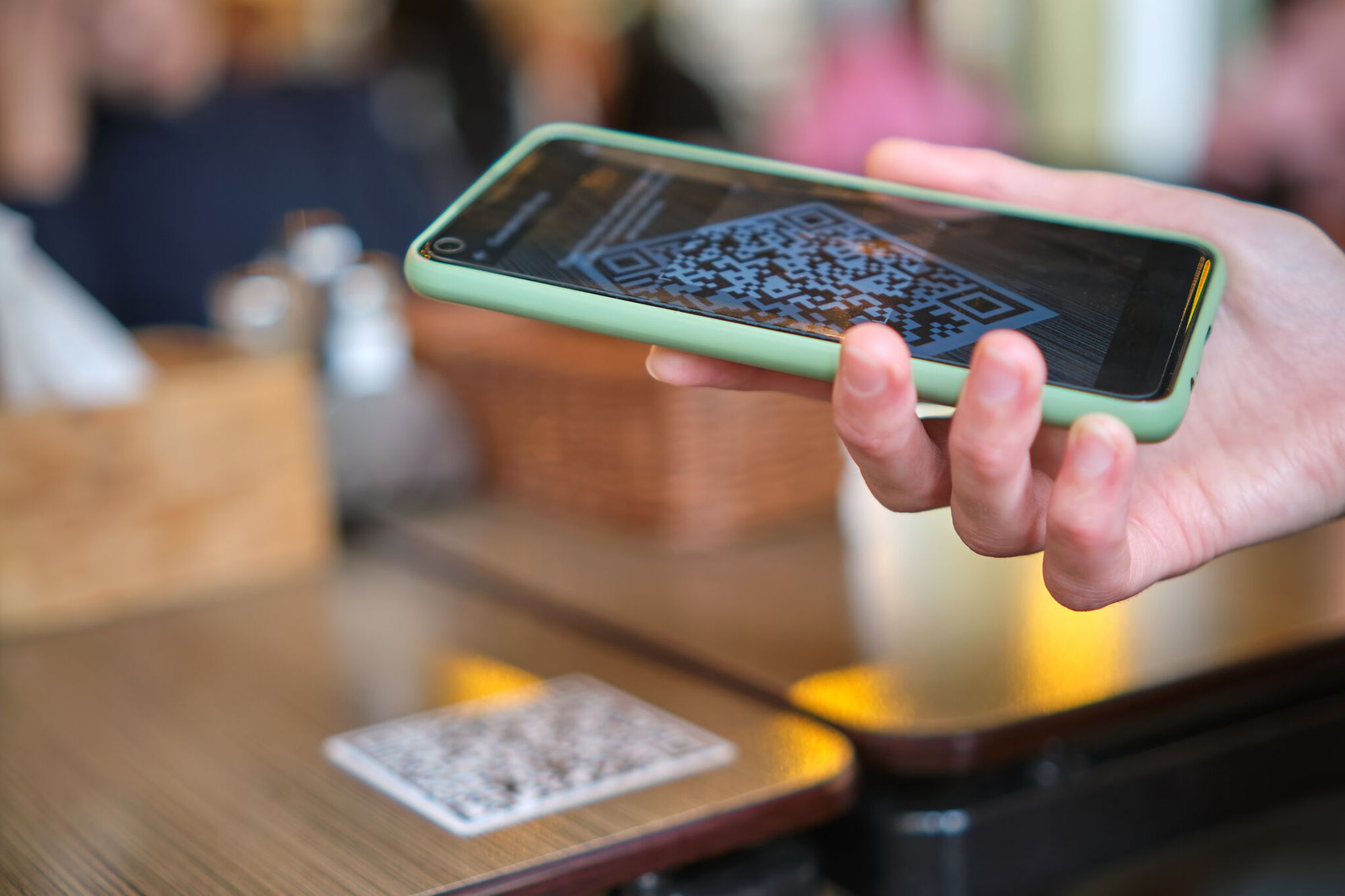In the ever-evolving landscape of travel, the integration of technology has become synonymous with enhancing the overall experience for globetrotters. Among the technological innovations playing a transformative role, Quick Response (QR) codes have emerged as powerful tools, influencing various aspects of the travel journey. This article explores the multifaceted influence of QR codes on travel, from planning and booking to on-the-go navigation and cultural exploration.
Effortless Booking and Ticketing
The travel journey often begins with the planning and booking phase, where QR codes simplify and streamline the process. Airlines, hotels, and travel agencies leverage QR codes to provide travelers with easy access to booking confirmations, electronic tickets, and itineraries. Scanning a QR code on a mobile device ensures quick and paperless confirmation, contributing to a smoother start to the travel experience.
Contactless Check-ins and Accommodations
QR codes have transformed the check-in process, especially in the hospitality sector. Hotels and accommodations now provide guests with digital keycards accessed through QR codes on their smartphones. This contactless approach not only enhances safety but also adds a level of convenience, allowing travelers to check in and access their rooms seamlessly.
Interactive Maps and Navigation
When exploring new destinations, QR codes play a crucial role in providing interactive maps and navigation assistance. Cities, tourist attractions, and public spaces often incorporate QR codes into signage, allowing travelers to scan and access digital maps, directions, and information about points of interest. This aids in efficient navigation and ensures that travelers can make the most of their time exploring a new locale.
Multilingual Guides and Cultural Insights
QR codes serve as gateways to cultural enrichment during travel. Museums, historical sites, and tourist attractions use QR codes to provide visitors with multimedia guides, language translations, and in-depth insights into cultural and historical significance. This interactive element enhances the educational aspect of travel, allowing visitors to delve deeper into the stories behind the places they explore.
Mobile Payments and Currency Conversion
In the realm of financial transactions, QR codes facilitate mobile payments and currency conversion for travelers. Restaurants, shops, and transportation services often utilize QR codes to enable contactless payments through mobile wallets. Additionally, travelers can use QR codes to access real-time currency conversion rates, ensuring transparency and convenience in financial transactions while abroad.
Real-Time Updates and Travel Alerts
QR codes contribute to real-time communication during travel. Airlines and transportation services use QR codes to provide travelers with updates on flight schedules, gate changes, and any unforeseen disruptions. This ensures that travelers stay informed and can adjust their plans accordingly, contributing to a more adaptive and stress-free travel experience.
Sustainable Travel Practices
QR codes play a role in promoting sustainable travel practices. Airlines and travel organizations use QR codes to provide travelers with access to digital boarding passes and e-tickets, reducing the reliance on paper. This eco-friendly approach aligns with the growing awareness of sustainable and responsible travel.
Ensuring Health and Safety
Especially in the wake of global health concerns, QR codes have become integral to ensuring health and safety during travel. Many destinations and venues use QR codes for contact tracing, health declarations, and vaccination verification. Travelers can scan QR codes to provide necessary health information, contributing to a safer travel environment for everyone.
Empowering Independent Exploration
QR codes empower travelers to embrace independent exploration. Whether exploring a city, hiking trails, or visiting landmarks, travelers can scan QR codes to access self-guided tours, local recommendations, and personalized experiences. This approach encourages a more immersive and customized travel experience, allowing individuals to discover destinations at their own pace.
Conclusion: A Tech-Enabled Travel Renaissance
The influence of QR codes on travel is reflective of a broader tech-enabled travel renaissance. As technology continues to advance, QR codes will likely evolve further, contributing to more seamless, efficient, and personalized travel experiences. In a world where connectivity and convenience are paramount, QR codes stand as indispensable tools, guiding travelers through a new era of exploration and discovery.

